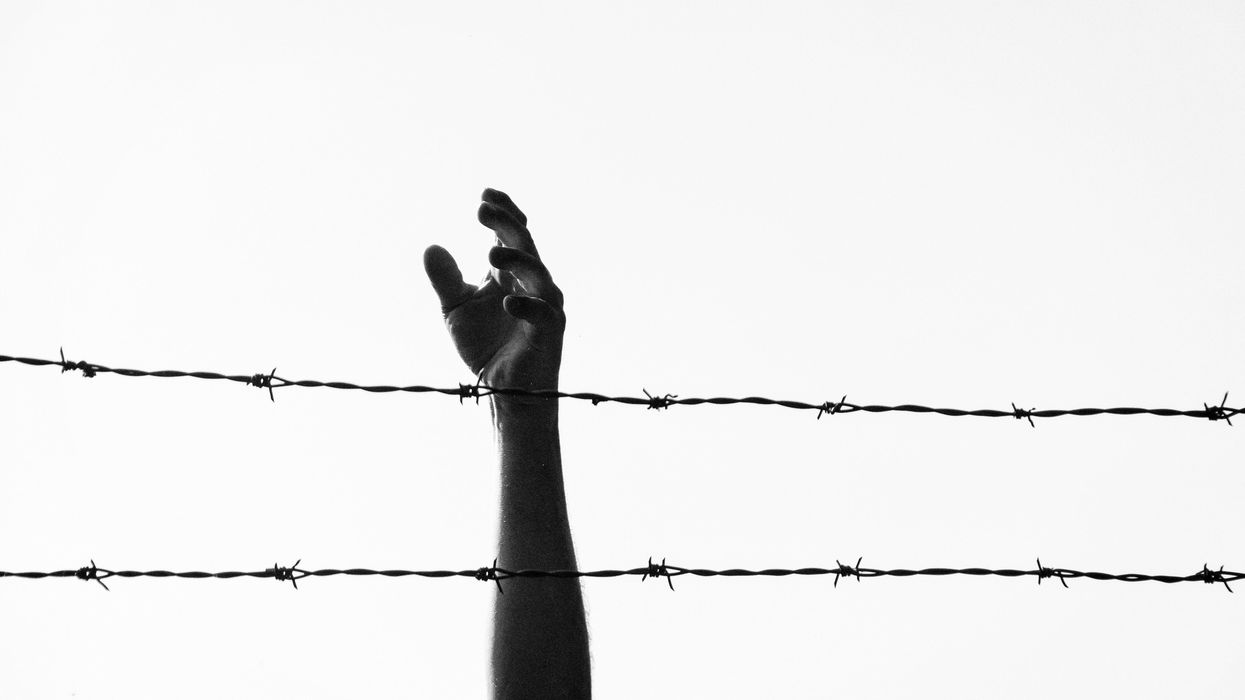Boutros is the community organizing manager at Chicago Votes Action Fund. Desrosiers, a first-generation Haitian American, is the organization's policy associate.
It was late May in Springfield, and the Illinois Capitol saw more action than it had in the previous five months. Lawmakers and advocates alike rushed to tie up loose ends and pass crucial legislation before the May 31 deadline. Among the scene of suits, middle-aged lawmakers and an array of advocates were two 20-something Black and Brown lobbyists for Chicago Votes. If our identities themselves didn’t set us apart, our Gen Z interpretation of professional attire did.
We were just 20 votes away from advancing, from the House to the Senate, a bill that would restore voting rights to people currently in Illinois prisons. Between conversations with lawmakers and staffers, we spotted a representative who had yet to confirm his stance on the bill. We approached him and asked for his support, to which he replied, “I believe if you break the social contract, you should not have the right to vote.”
Hearing that justification immediately struck a chord within us. Disenfranchising people in prison on the basis of the social contract theory is a flawed argument that assumes the state is upholding its end of the deal. It’s not.
Social contract theory argues that the government guarantees certain rights and privileges in exchange for people obeying the government’s laws. It is an imaginary contract we all “signed” the moment we were born or stepped foot on U.S. soil.
But the state never provided these things to begin with and we have all been gaslighted and fooled into believing it is providing all these magnificent things for us. This is because if you are poor, of color, from an immigrant community, not a cis-white male, you probably are not receiving equal protection of the laws.
Let’s use incarceration as an example. According to the Bill of Rights, the state must guarantee several protections, including freedom from unreasonable searches and seizures, the right to due process, the right to a jury of one’s peers, freedom from excessive bail, and protection from cruel and unusual punishments. The government must guarantee these protections regardless of race.
Yet, in the United States, the average bail for someone charged with a felony is $10,000, costing the average incarcerated person eight months of income. That’s excessive bail. According to a Bureau of Justice Statistics survey, Black people are more likely than white or Latinx people to be the target of a traffic stop. Furthermore, while drug usage and distribution is consistent among races, Black people are roughly 2.6 times more likely to get arrested for drug crimes. Black and Latinx people are more likely to be excluded from a jury due to the disproportionate incarceration of people of color.
At every stage of the American legal system, the poor and people of color are harmed by the unequal protection and enforcement of laws. Simply put, the social contract is already broken and depriving people the right to vote based on that construct is unjust and racist.
People directly impacted by incarceration already know that they are not and have never been equally protected by the law. For lawmakers to stand on the social contract as a reason to disenfranchise citizens is morally flawed and factually incorrect.



















Trump & Hegseth gave Mark Kelly a huge 2028 gift